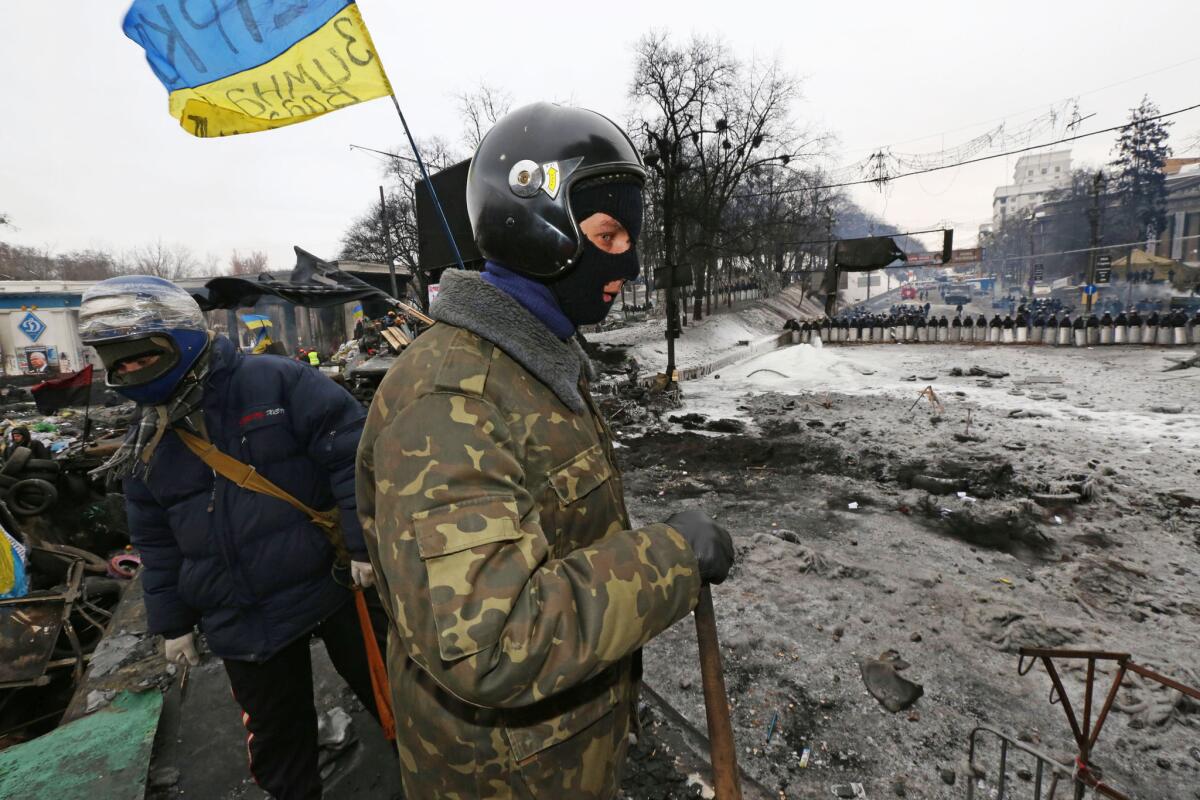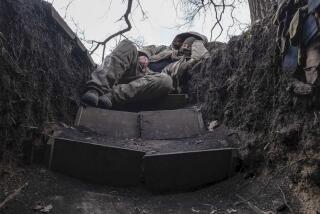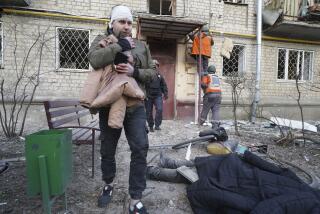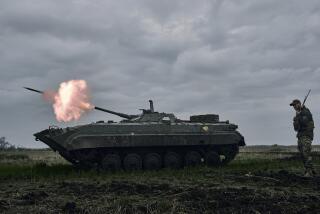Ukraine prime minister resigns; parliament cancels anti-protest laws

KIEV, Ukraine -- Ukrainian Prime Minister Mykola Azarov tendered his resignation Tuesday, as the country’s opposition celebrated its first major victory in an ongoing standoff with the government.
Azarov’s resignation comes after two months of mass protests across the country and a week of violent clashes in Kiev in which at least four activists were killed, dozens arrested and hundreds injured on both sides -- the worst street violence in the history of post-Soviet Ukraine.
The announcement came after four days of negotiations between opposition leaders and President Victor Yanukovich.
In a statement published on the Cabinet’s official website, Azarov said he resigned to create a possibility for a political compromise.
“We have been doing everything to prevent bloodshed, escalation of violence, violations of citizens’ rights,” the statement said. “For all these difficult years I have been doing my best for Ukraine to develop normally as a democratic European state.”
However, he said, “the scope of the acute and dangerous conflict” compelled him into retirement.
Word of the resignation was met with loud cheers from the thousands of protesters at a tent camp in Independence Square, a staging area of the anti-government protests, as well as those along barricades in central Grushevsky Street, the battlefield of recent days.
“It is good news but we will not go away until all our demands are met,” said young protester Maxim Ivashchenko, whose face was blackened by the soot of street fires. “Now we want Yanukovich to go and we want the murderers of our comrades punished.”
Opposition leader Vitali Klitschko said Azarov resigned “to save face” before he was forced to leave.
“We have been insisting on his resignation for a few months already,” Klitschko said to reporters during an urgent parliamentary session Tuesday. “The resignation of the premier is a step toward the opposition’s victory but it is not a victory yet.”
Yanukovich had proposed a compromise deal over the weekend in which opposition leader Arseny Yatsenyuk was offered the premier’s job and Klitscko the position of deputy premier. They declined.
The resignation of Azarov, who has led the government since 2010, was one of the key demands of opposition leaders, who held him personally responsible, together with Yanukovich, for thwarting the signing of an association agreement with the European Union last November in favor of closer economic ties with Russia.
Azarov, a principal opponent of European integration, argued that such an alignment would mean mass unemployment and a speedy decline of the national economy.
The opposition’s package of demands also included immediate elections for the presidency and parliament, changes in the constitution in favor of a parliamentary republic with presidential powers seriously cut and the immediate release of over 100 protesters still held by the police.
Another key demand was the cancellation of recently adopted laws curbing rights and freedoms and providing punishment of up to 15 years in prison for participation in mass disorders.
In the wake of Azarov’s resignation, the parliament canceled a majority of those controversial laws, hastily passed less than two weeks ago, after which protests deteriorated into violent confrontations with riot police in central Kiev.
The opposition hailed the cancellation of the measures and was pressing lawmakers for release of the detainees.
“We are not talking about amnesty but we are demanding the release of prisoners taken POW by the terrorists in power!” Andriy Parubiy, chief of the protest camp’s self-defense forces, told thousands of protesters in Independence Square as the news arrived from parliament.
“I approve of any news which could prevent further bloodshed,” a police officer standing in full anti-riot gear about 60 yards from the protesters said in an interview with The Times. “People out there are not our enemies. They are our brothers.”
[For the Record, 7:38 a.m. PST Jan. 28: An earlier version of this post included an incorrect sequence of events. Protests turned violent after the controversial anti-protest laws were passed, not before.]
More to Read
Start your day right
Sign up for Essential California for news, features and recommendations from the L.A. Times and beyond in your inbox six days a week.
You may occasionally receive promotional content from the Los Angeles Times.






